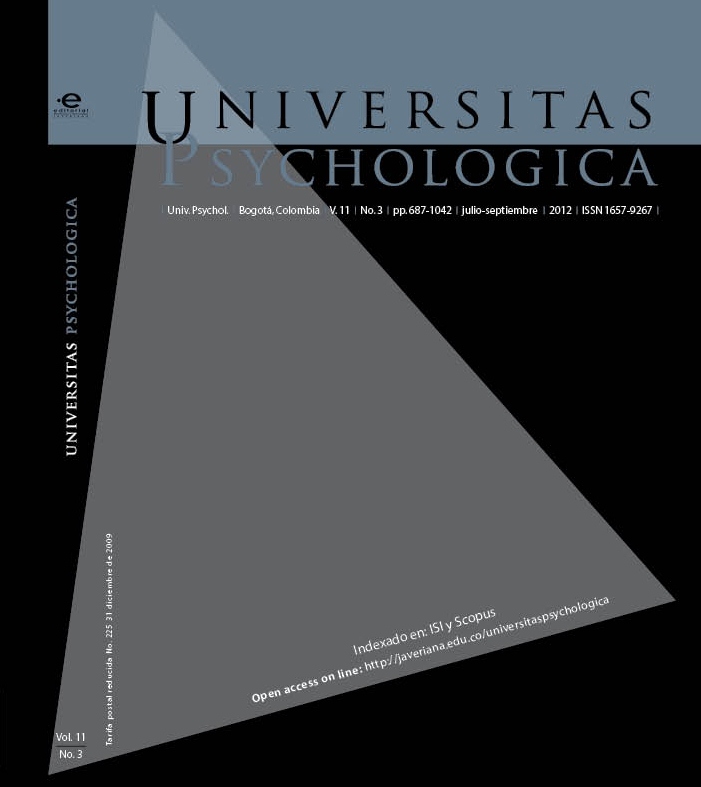Resumen
Christian Wolff (1679-1754) foi uma figura fundamental não só na cultura alemã do século XVIII como também no desenvolvimento histórico da psicologia. No entanto, sua obra permanece desconhecida por grande parte dos psicólogos contemporâneos. O objetivo do presente artigo é mostrar a importância de Wolff na constituição histórica da psicologia. Inicialmente, será feita uma breve contextualização histórico-cultural do Iluminismo alemão. Em seguida, mostraremos a íntima relação entre seu projeto psicológico e seu sistema filosófico. Finalmente, serão destacados alguns exemplos da influência de Wolff sobre o desenvolvimento posterior da psicologia. Conclui-se que ele merece maior atenção do que tem até aqui recebido na historiografia da psicologia em geral.
Esta revista científica se encuentra registrada bajo la licencia Creative Commons Reconocimiento 4.0 Internacional. Por lo tanto, esta obra se puede reproducir, distribuir y comunicar públicamente en formato digital, siempre que se reconozca el nombre de los autores y a la Pontificia Universidad Javeriana. Se permite citar, adaptar, transformar, autoarchivar, republicar y crear a partir del material, para cualquier finalidad (incluso comercial), siempre que se reconozca adecuadamente la autoría, se proporcione un enlace a la obra original y se indique si se han realizado cambios. La Pontificia Universidad Javeriana no retiene los derechos sobre las obras publicadas y los contenidos son responsabilidad exclusiva de los autores, quienes conservan sus derechos morales, intelectuales, de privacidad y publicidad. El aval sobre la intervención de la obra (revisión, corrección de estilo, traducción, diagramación) y su posterior divulgación se otorga mediante una licencia de uso y no a través de una cesión de derechos, lo que representa que la revista y la Pontificia Universidad Javeriana se eximen de cualquier responsabilidad que se pueda derivar de una mala práctica ética por parte de los autores. En consecuencia de la protección brindada por la licencia de uso, la revista no se encuentra en la obligación de publicar retractaciones o modificar la información ya publicada, a no ser que la errata surja del proceso de gestión editorial. La publicación de contenidos en esta revista no representa regalías para los contribuyentes.


